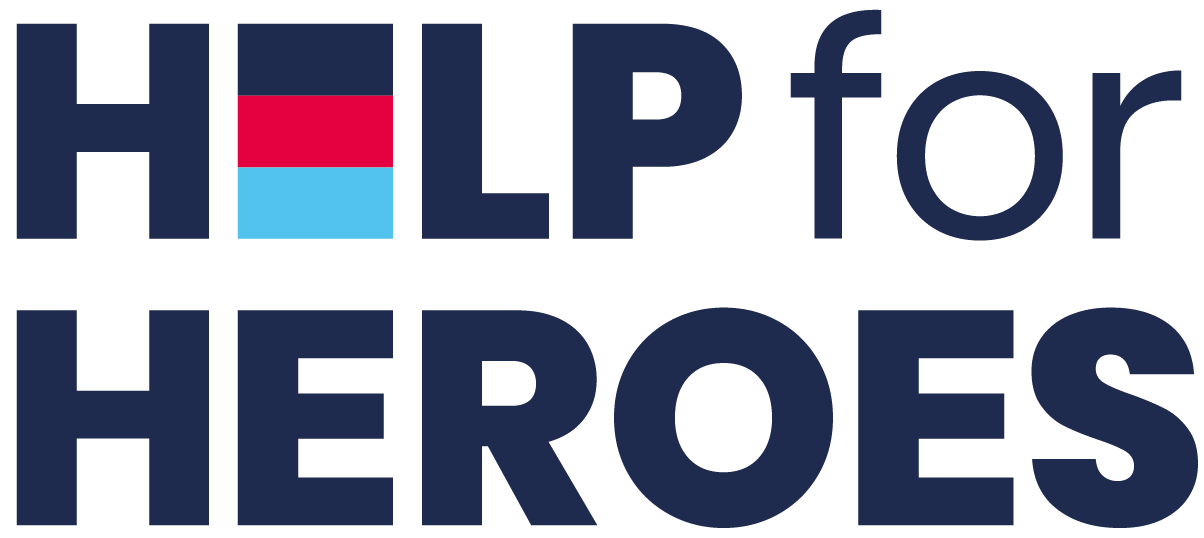Updated on
Dave Watson’s life changed forever when he stepped on a hidden bomb in Afghanistan in 2010, losing both legs and an arm. He can still vividly remember the horrific details of that day
“I was on foot patrol in Helmand Province and we waded through a stream. My mate behind me slipped and as I turned to help him I stepped on something. I heard a click. The next thing I knew I was being dragged out and I could hear the guys telling me not to look down”.
The bomb Dave had stepped on had torn off both legs and an arm. “All that was left were my shin bones and my kneecaps. I could feel pins and needles in my arm and when I looked, the skin had separated from the bone. My arm was dangling, held on by its tendons, and I knew straight away that I’d lost it.”
Remarkably, back in the UK, Dave was learning to walk on prosthetic legs within weeks of sustaining his injuries. “Whatever happens in my life, I change and I keep going. I wanted to get fit, get back out there and carry on with life,” he says. Following extensive hospital and rehabilitative treatment, he was medically discharged from the army in 2014. But it was from this point on that a new battle began.
Dave struggled to walk on his prosthetic legs because of pain caused by the sockets, a problem not uncommon among amputees. Frequently, he was confined to a wheelchair which he found frustrating after he’d worked so hard to walk again. In 2015, he learnt of a then-pioneering procedure in Australia that eliminated the need for sockets by fusing artificial limbs to human bone and, encouraged by the prospect that the surgery might dramatically improve his quality of life, Dave approached the Ministry of Defence (MoD) to ask for help to fund the operation. “I was told that the surgery wasn’t a ‘recognised procedure’ and that the answer was no. I was also told that any aftercare would have to be privately funded.” Dave and his wife instead used money from his army compensation package to fund the operation.
The MoD has since announced it is funding a trial for 20 veterans in need of the same surgery, and Dave recognises that this is a step in the right direction. “But they weren’t able to help me; they said no to me.
“I feel there is more that the MOD could do to help guys like us out after we’re discharged. We put our lives at risk and we get nothing back. They need to start saying yes to more people who put their lives on the line.”
Sport is now such a big part of my life. It gives me things to focus on besides being disabled. Sports recovery has helped me to find new goals.”
Veteran
Despite this setback, Dave has made great progress in his recovery journey. Following his operation, which was a success, he discovered a passion for adaptive sport. Via our sports recovery programme, Dave has channelled his determination to become an inspirational athlete. Last year, he won four medals at the Invictus Games in Sydney in the discus, rowing and shot put, and he now has his sights set on a place at the 2020 Paralympic Games in Tokyo.
“Sport is now such a big part of my life. It gives me things to focus on besides being disabled. Sports recovery has helped me to find new goals.”
Dave is now an ambassador for our partner charity, the Fisher House Foundation, which is a respite facility in Birmingham for wounded veterans and their families. He is also a motivational speaker, using his experiences and the obstacles he has overcome to encourage others to see that they can achieve their dreams. His outlook on life is nothing short of remarkable.
“If I hadn’t been in the military and I hadn’t been blown up, I wouldn’t have won the medals I’ve won. I wouldn’t have met my wife at a charity event, I wouldn’t have my kids. Everything happens for a reason.”
There are 40,000 stories like Dave’s. Join us in our mission to help all wounded veterans stand strong.





